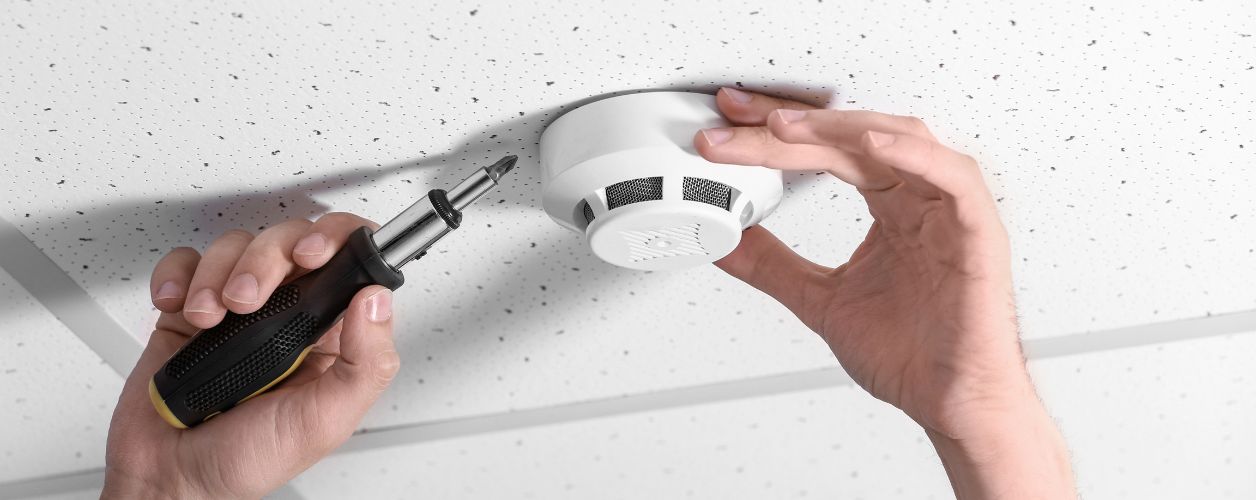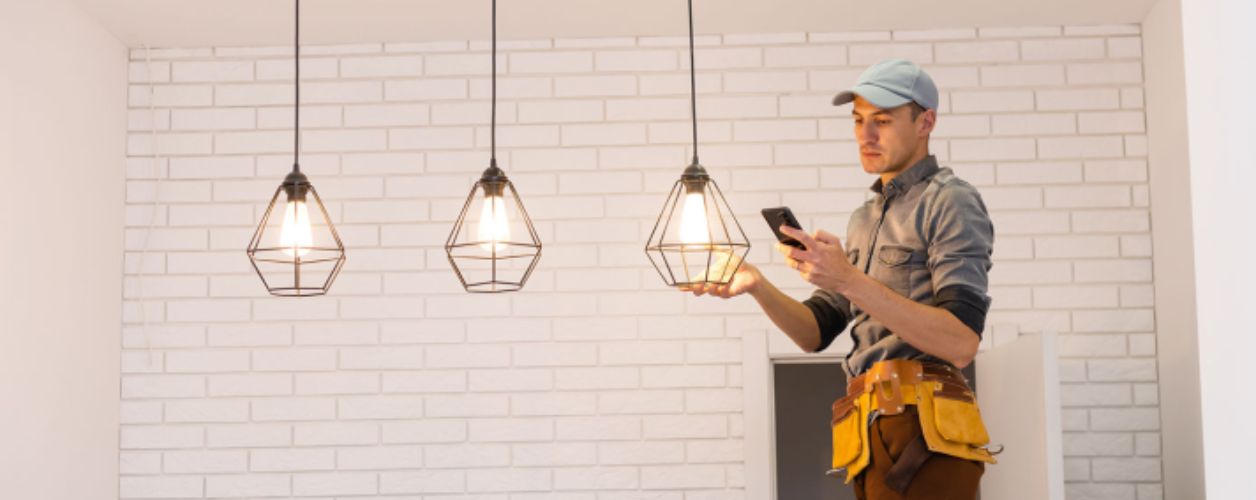How Much Does it Cost to Install an EV Charger at Home?
Amid the electric vehicle (EV) revolution, increasing numbers of Australians are switching to eco-friendly transportation, increasing the need for home EV chargers. Installing an electric vehicle charger at home fosters a sustainable future as well as convenience. To make a wise investment in eco-friendly technology, one must first understand the costs involved.
Prospective adopters are met with a critical question: How much does it cost to install a Tesla charger or any EV home charger? The cost to install an electric car charger can vary depending on several factors, including charger type, installation complexity, and brand. For instance, the Tesla Wall Charger installation cost may differ from other brands due to specific hardware and electrical requirements.
On average, EV charging station prices range significantly, so it's essential to compare options. Whether you're wondering how much an EV charging station costs, the EV charging station price for your home, or simply how much an EV charging station costs overall, this guide will explore the key cost considerations to help you make an informed decision.
Cost Factor 1: The EV Charging Hardware
When delving into the installation costs of an electric vehicle (EV) charger at home in Australia, the primary expenditure revolves around the EV charging hardware. These systems, ranging from $1,500 to $2,000 for higher quality, play a pivotal role in shaping the efficiency, safety, and user experience of your charging station. Here's a more detailed breakdown:
Quality and Durability:
Prioritize reputable brands for longevity, reliability, and an intuitive user experience, ensuring your investment stands the test of time.
Dynamic Load Balancing:
Chargers equipped with dynamic load balancing features safeguard your home's electrical system by preventing blown fuses and overloading, contributing to a secure charging environment.
Smart Charging Capabilities:
Consider smart charging features that allow optimization for off-peak rates and solar charging. The Smappee EV Wall, for instance, supports cost-effective charging and customizable schedules, potentially making it up to 6 times cheaper.
Usability and User-Friendly Interface:
The day-to-day usability of your EV charging system is crucial. Opt for a brand with a user-friendly smartphone app, like Smappee, for convenient and accessible management of your charging station.
In essence, investing in a high-quality EV charging hardware system is an integral aspect of creating a reliable and efficient home charging setup.
Beyond the initial cost, the features provided, such as dynamic load balancing and smart charging capabilities, contribute to long-term safety, cost savings, and a seamless charging experience.
Consideration of these factors ensures a well-rounded assessment of the hardware costs associated with installing an EV charger at home.
Cost Factor 2: The Installation Costs
When installing a home electric vehicle (EV) charging station in Australia, the second major cost is the EV Charger installation itself. Costs range from approximately $700 for simpler setups to potentially thousands for complex installations. Key considerations include:
Electrical Supply Compatibility:
- Single-phase charging (Level 2) supports up to 7kW, as recommended by major EV manufacturers.
- Three-phase charging allows up to 22kW, though the car's AC charging limit is typically 11kW.
Installation Factors:
- Proximity impacts costs based on distance to the charging point.
- Trenching adds to overall expenses.
- Higher costs are associated with intricate electrical setups.
- Customization, including features like smart charging and aesthetics, affects expenses.
Installation costs for home EV charging in Australia vary based on factors like electrical supply, proximity, trenching, complexity, and customization features.
Installation Cost Examples
A home electric vehicle (EV) charging station's installation costs in Australia are determined by several factors that affect the overall cost. The following specific examples illustrate how the costs break down for various scenarios:
Adjacent Locations - Same Wall:
The cost of installation might be rather low when the charging station and switchboard are located on opposite sides of the same wall. An approximate cost of $600 is associated with a single-phase power system; an estimated $800 is associated with a three-phase power setup.
For a single-phase power setup, the approximate cost is $600, while opting for three-phase power may incur an estimated installation cost of around $800.
For residences where the infrastructure for charging is conveniently located, this scenario minimizes installation costs and complexity.
Single-storey Home With Accessible Roof Space:
The costs vary based on the amount of power required for a single-storey residence with an accessible roof space and an installation distance of up to 15 meters from the switchboard.
Installations of single-phase power typically cost between $750 and $990, and three-phase power systems may cost between $950 and $1,300. Accessibility and proximity to the switchboard contribute to the cost efficiency of the installation.
Double-Storey Home with Cable Run (Up and Over):
In the scenario of a double-storey home where the cable needs to be run from one side of the house to the other (known as "up and over"), additional complexities are introduced. This often raises the installation cost by $400 to $800.
The precise cost within this range depends on various factors, including the length of the cable run and the type of installation (three-phase or single-phase).
Installing a home EV charging station is highly influenced by the switchboard's proximity. Proximity minimizes expenses (e.g., same wall), and extended distances, such as double-storey homes, result in increased costs, highlighting the significance of location-specific assessments.
Factors Influencing Installation Costs:
- Charger Type:
The cost of installation is significantly affected by the type of EV charger you choose. Level 1 chargers are less expensive but charge at a slower rate, while Level 2 chargers offer faster charging but come with a higher initial cost. DC fast chargers offer faster charging, but because of their complexity, installation costs are higher.
- Power Supply and Capacity:
The cost of installation will be influenced by your home's existing power supply and capacity. If your electrical panel needs an upgrade to accommodate the EV charger, this will incur additional expenses. More electrical infrastructure may be required with a higher capacity charger, resulting in higher costs.
- Installation Complexity:
The complexity of the installation process is also important. Electrical costs can be affected by factors such as distance from the electrical panel to the charging location, trenching, and complexity of the electrical work.
- Location:
The cost of installation can be affected by the location of your home. The availability of infrastructure in urban areas can reduce installation costs, while remote or rural locations may require more extensive electrical work, increasing the cost.
- Permits and Regulations:
Permits and regulations vary across Australia. The cost may increase to obtain the necessary permits and make sure that regulations are followed. It's essential to consult with local authorities and local electricians to navigate these requirements.
Conclusion
Home EV chargers are aligned with sustainable trends in Australia. It may seem expensive at the beginning, but the long-term benefits make the investment worthwhile.
When it comes to electric vehicle charger installation costs at your home, you should consult experts, understand regulations, and assess your home's electrical setup for accurate costs.

![EV Charger Installation Cost [2025]](https://servicetasker.com.au/storage/2024/02/1707473264.jpg)


![How Much Does an Electrician Cost? [2025]](https://servicetasker.com.au/storage/2024/02/1707300484.jpg)



